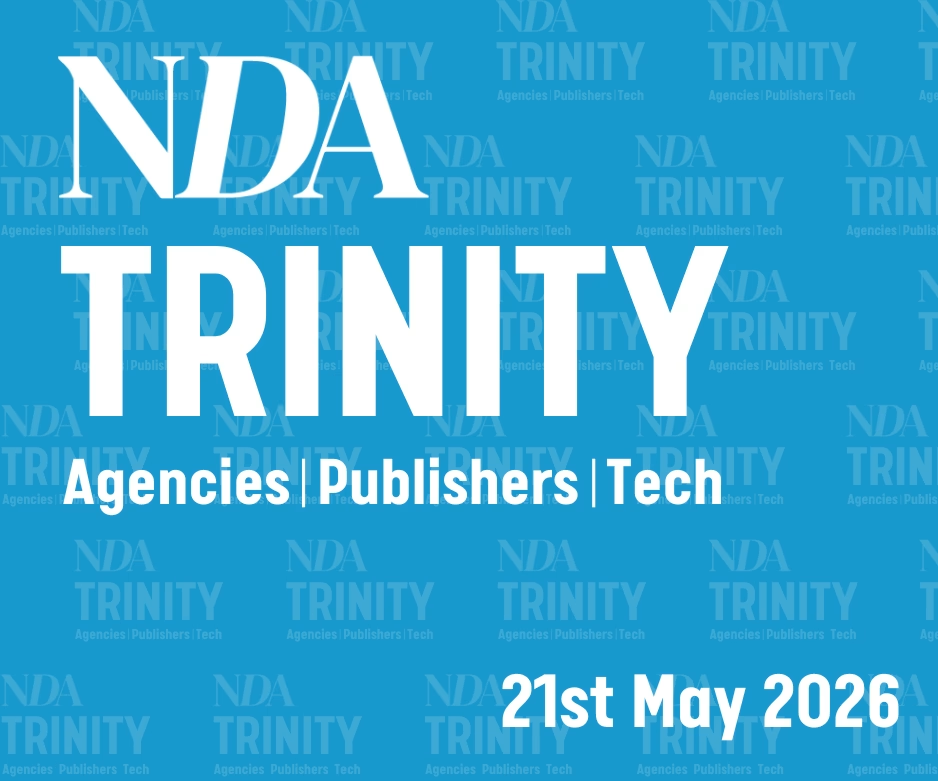The way that consumers interact with retailers has fundamentally changed in recent years, with people now demanding more personalised experiences and more speed around when they receive products and/or services.
This is making it increasingly difficult for retailers to navigate the entire commerce journey and they are having to continually look for innovative ways to connect with and serve customers.
“Today, we live in a world of apps, snaps, and double taps. And we, ourselves, are the reason for all of that relentless change, demanding faster, cheaper, more personal every single day, but that puts incredible pressure on your organisations to continuously make what was once impossible possible. Our mission is to help you do that,” said Eddie Capel, President & CEO of supply chain commerce-focused software business Manhattan Associates, speaking at the company’s annual Exchange event.
“We live in a world of extreme convenience dominated by this new generation of consumers… Each at the centre of their own digital universe, expecting everything to come to them, wherever they are. Uber for transportation. Deliveroo for munchies. Massages, cars, food, clothing, everything, even puppies by the hour, are just a tap away for us.”
The goal for Manhattan, according to SVP, EMEA Henri Seroux, is to work with the “long and largest” retailers and brands to strategically help them on their supply chain commerce transformation journeys.
“The opportunity is to create a perfect, efficient supply chain and serve the consumer, whether it’s a B2B or B2C customer,” said Seroux.
Generating experiences for the new generation
Like most, Manhattan has identified the potential that artificial intelligence (AI) has to transform the supply chain for retailers. As a starting point, the company has introduced a couple of generative AI (genAI) solutions focused on improving the experiences of both its customers and its customers’ customers.
Manhattan Active Maven enables retailers to provide a genAI-powered customer service chatbot. Meanwhile, Manhattan Assist provides contextual responses to questions around product functionality, API structures, and more, from Manhattan’s customers.
Though exploring avenues for bringing AI into its other solutions, Manhattan is wary of what a reliance on the technology could mean.
“In terms of hearing from retailers, it’s still pretty early. There’s no question retailers are saying, “hey, we would like to try this out.” Generative AI – the way the architecture works – trying it is super easy. For me, the one big question out there is that it’s pretty cool… [But] how cool is it? How much is it worth? Because this is not an inexpensive program,” said Capel.
Highlighting both the amount of investment going into genAI, and the damage it has the potential to cause, Capel pointed to Microsoft’s plans to use an old nuclear power station in New York to power its genAI data centres from 2028.
“The whole notion that we’re going to become dependent [on AI] is dangerous,” Capel added. “We assume Waze is going to get us to our destination. We just rely on it. And, as we all ask large language models the answers to these questions, we’re going to become – over time – more dependent on those answers being accurate… We’re being very cognizant, certainly in these early days.”
More positively, and away from the debate around the damage being caused by AI technology, Capel was keen to highlight how improvements to the supply chain directly impacts sustainability efforts, describing the two as “symbiotic.”
“For decades, we have been focused on three or four basics,” he said. “How do we take miles out of the supply chain? How do we take error out of the supply chain? How do we reduce the packaging requirements of the supply chain? And how do we speed everything up so that you need less people? All of those things drive profitability, and they also drive sustainability. So, the incentive for companies is natural. It’s not a long bridge to cross.”










